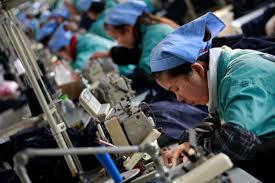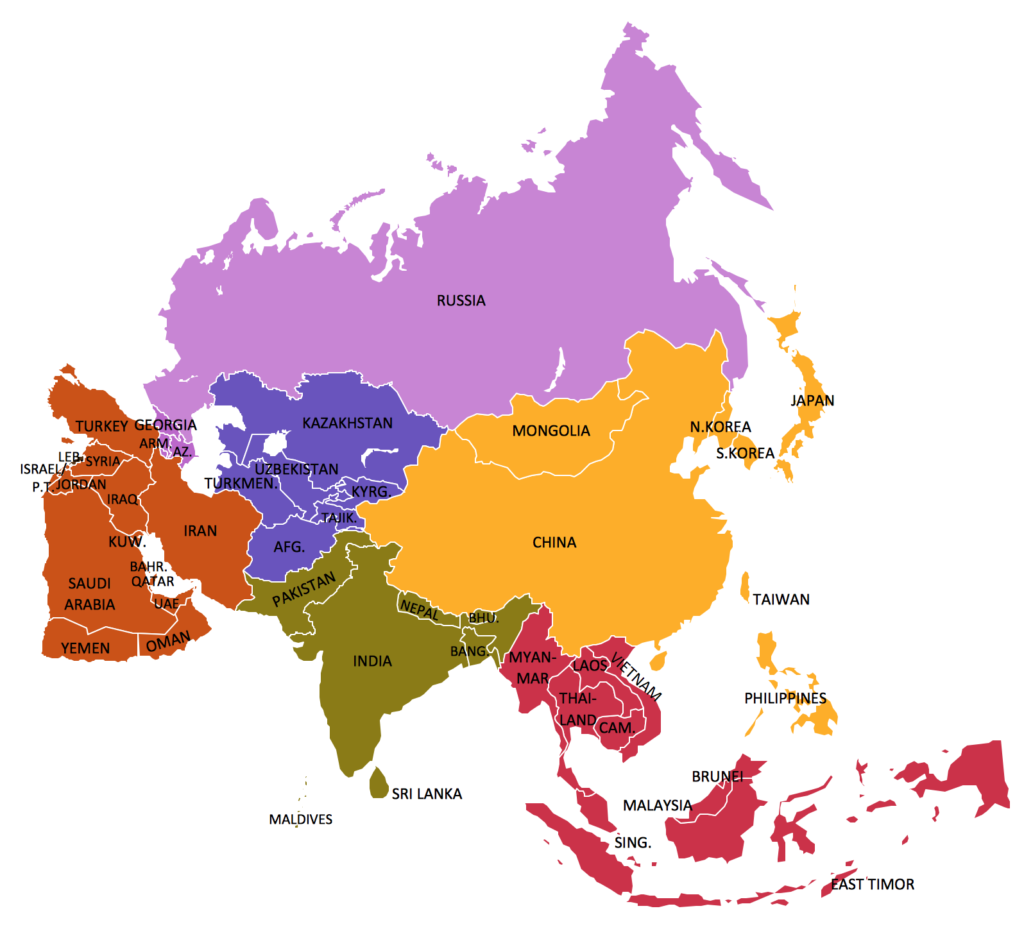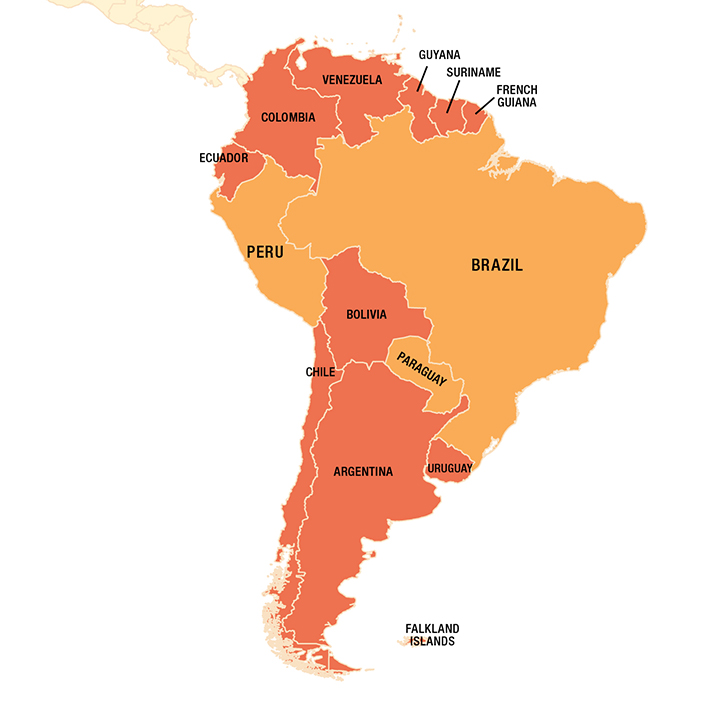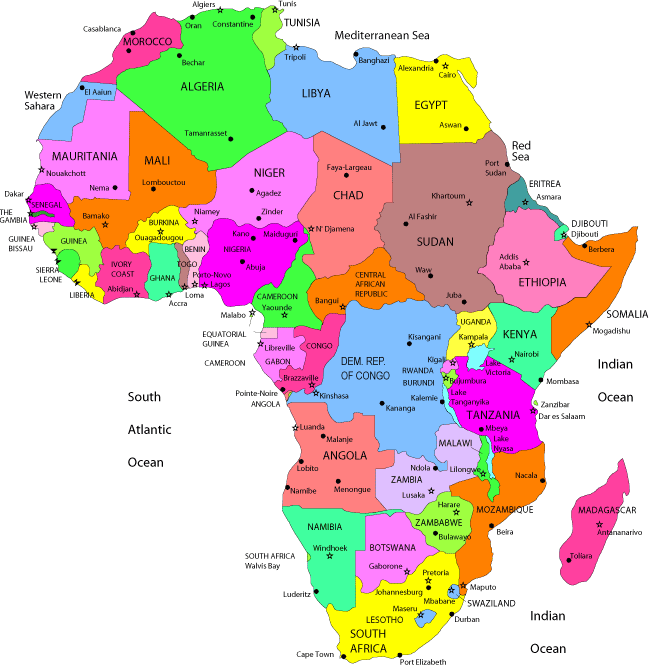HOME
ARTICLE
PAST ARTICLES
CONTACT
March 31, 2025
The Great Decoupling
Asian Producers, American Consumers

An image that best captures the economies of China, Japan, and ASEAN nations, particularly when reporting positive economic news is that of Asian workers seen on assembly lines in factories making things. Whether it's a weaved basket, automobile, computer, furniture, clothing etc., contrasted with that of Americans seen with shopping bags in hand, especially women, spending and buying things, consuming. But what happens when this relationship starts to unravel, when the great decoupling occurs?
Consumption i.e. consumer spending is by far the driving force and engine behind the U.S. economy, and whatever interferes with the ability for Americans to consume, or causes consumption to decline in any significant way, becomes not only a big problem for the U.S. economy but for those Asian businesses that feed it. And right now, the two things that are beginning to crimp consumption is rising inflation and crippling consumer debt.


There is currently much talk about the inter-dependence of the economies of Asia (or the East) and the U.S. economy and that neither can experience economic growth without the other, particularly when considering that the U.S. economy is the largest in the world. This widely held belief is fueled by the fact that member nations of The Association of Southeast Asian Nations (ASEAN) are exporters of manufactured goods to the U.S. thus making America and the American consumer Asia's primary source for business and export revenue. No doubt China and Japan are the two manufacturing powerhouse nations in the region where a wide range of consumer products are made and shipped to the United States, and whereas in the past "Made in Japan" used to be seen on many products sold in the U.S. we now see "Made in China" on those same products. Therefore, without surprise, Asia is often seen as the world's great manufacturing center where thing get made, and the West (America in particular) as the world's great consumption center where things get consumed.
Inflation and Consumer Debt

Rising prices, auto and student loans, as well as credit card debt are just a few of the headwinds facing American consumers, hindering their ability to spend, and when spending declines so does corporate sales and profits. Also, how long can people borrow money using their credit cards to buy stuff before they succumb to the effects of inflation and come to the proverbial end of the road and are forced to cut back on spending. Undoubtedly, in such a scenario, many businesses (domestic and foreign) will feel the pain of millions of consumers pulling back on consumption.
With the above in mind, and out of necessity, Asian exporters will collectively begin the process of decoupling from the U.S. economy as a means for growth as the American consumer's capacity to spend grows weaker, a process that will lead to less dependence on them and Western consumers in general. To what extent and for how long and fast can Asian economies decouple depends on various factors, but the decoupling process itself is already underway with ebbs and flows to follow. For example, there will be fewer to none of those products we've become accustom to seeing on store shelves that were once affordable, plentiful, and commonplace, what remains will be smaller in size and/or quantity a.k.a. shrinkflation, made with cheaper materials or ingredients and will cost more due to inflation.
Decoupling from a debt burdened consumer who is struggling to survive under the weight of inflation presents a less than perfect picture situation for businesses trying to grow and survive themselves, or just maintain market share. And for as long as the average American has access to credit, it would be pointless to mention how over-indebted he/she is, how much debt they are carrying, because that number will most likely increase. And as the U.S. economy continues to show mediocre to no growth while being hammered by crushing consumer debt and relentless inflation, businesses will be forced to make some very hard and difficult decisions if they are to survive.
Signs of Decoupling

The following applies to Asian and American businesses as it relates to pulling back from dependence on the U.S. consumer and economy. As a matter of practical application, when businesses and institutions begin moving their money, operations, employees, products, and services offshore, when the focus of sales and marketing strategies are increasingly targeted toward foreign markets and consumers, and the greater part of business revenue is generated from overseas sales, that company has, or is decoupling. Simply put, too many American consumers are stretched financially and battling with a rising cost of living that's leaving them increasingly vulnerable to any severe economic downturn, thus making them less desirable as a targeted group.
Decoupling and the U.S. Dollar

It may be argued that the dollars status as the world's premier currency will prevent decoupling, well, the fact of the matter is that even though the dollar's exchange rate against other currencies can affect the decoupling process, and negatively or positively impact sales for many American businesses with international operations, particularly when those foreign sales are converted back into U.S. dollars. Despite this, those sales are nevertheless generated outside of the United States with Google, Walmart, General Electric, Moderna, Intel, Coca Cola etc., all being such examples. Now, to be clear, decoupling does not necessarily mean that a company no longer does business in the country where it is domiciled and/or headquartered, but what it does mean is that they are less reliant on its domestic i.e. the U.S. market for sales and profits. And as is the case with international businesses, so it is with groups of countries that decouple from the U.S. market, as evidenced by the formation of regional trading blocs such as the ASEAN, APEC, AfCFTA, EU, CSME, and others that rely on each others economies for growth, absent any dependence on the U.S. economy or consumer.
Decoupling, Somewhere Else to Go



Despite their economic struggles and problems, Asia and South America are still recognized as emerging market regions because the long-term growth trajectory for their economies and populations are pointing upward, even Africa, considered a frontier market holds promise for future growth and opportunities as its economies continue to modernize and mature. These regions for many decades have been labeled under-developed but as they progressively, and over time, modernize and experience greater political stability and emerge out of conditions of poverty and fiscal mismanagement will move into developed world status. Asia, South America and Africa is where U.S. business and investor capital will (and is) flowing as they seek out new markets and growth opportunities, and remember, capital will always flow where it's treated best.
What's fueling the decoupling process is not just shy-high consumer debt, neither rising inflation nor improving emerging market fundamentals, but government interference. For example, to ask or expect a company(ies) to commit capital and other resources into the U.S. economy where wages and salaries, comparatively speaking, are much higher than those in developing economies can be a tall order to fill, a non-starter, especially if a company is to compete and operate profitably. After all, for most businesses, wages and salaries are their biggest expense.
Moreover, when businesses by law (federal or local) are being forced, pressured, or otherwise shamed into paying workers a higher wage or salary, it can hasten the move to offshore jobs, automate, or both, all of which feeds into the decoupling process. Additionally, in light of the fact that American consumers are burdened down with excessive debt thus hindering their ability to spend, while simultaneously being whacked by rising inflation it makes for an even stronger argument for domestic and foreign businesses to decouple from the U.S. economy, and to focus on regions of the world where the prospects for long-term growth, profits, and opportunities are better.
Again, to reiterate, the above does not mean that decoupling from the American economy mean that businesses will cease to operate in the U.S. or sell their products and services to its consumers, just less so, as it becomes less of a primary market. This shift away from the U.S. economy will become more pronounced and evident as the current financial crisis facing the country deepens, with fiscal and monetary policies becoming an even bigger drag on business activity, productivity, and consumer spending.
Decoupling is not so much a divorce from an economy as it is a temporary separation, however, if the conditions that led to the separtion aren't rectified it can lead to a divorce. Unfortunately, with an overwhelming (as of this writing) THIRTY-SIX TRILLION dollars in U.S. government debt along with multiple trillions more in credit card, auto, corporate, and student loan debt, etc., the picture seems pretty grim.
Conclusion

Just to add emphasis on America's debt problem, the following question "What is the current credit card debt in America?" provides some pretty sobering information on the issue, also read the past article Just A Trillion to get a clearer understanding concerning our nation's debt dilemma.
As a business, it's very difficult to sell goods and services, generate sales, grow profits and be competitive when your customers are, or are not, trying to pay down debt while at the same time fighting a rising cost of living. But, right or wrong, no company is going to remain "married" or committed to a customer who is unable to consume by buying its products and/or services, or is cutting back on his/her consumption to where it is cutting into sales and profits. In such a case, businesses will be forced to cut and/or freeze wages, salaries, layoff employees, decouple, or risk going out of business. So, the next time it's reported that McDonald's, Starbucks, KFC, or some other multinational is opening up new stores overseas while closing U.S. stores you'll know (partly) why.
What's being described above is an enormous and painful business contraction, some may call it a recession, a shrinking presence and in many instances a total disappearance of American businesses, both large and small as overall consumer spending and business activity further declines, or in a worse case scenario collapses. And if political, economic, and social conditions become extremely dire, being evidenced by unemployment rates reaching or surpassing The Great Depression, with increased dependency on government assistance, business and personal bankruptcies, defaults on loans skyrocketing, etc., companies can shut down their U.S. operations entirely, until things improve.
When push comes to shove, governments, individuals, and businesses will do what's in their best interest to survive, because self-preservation is the first rule of survival and survival is the name of the game, and that's what's really going on during this financial crisis, and decoupling is a survival tactic.
FEEDBACK
Feel free to share your comments on this article by clicking the link below.